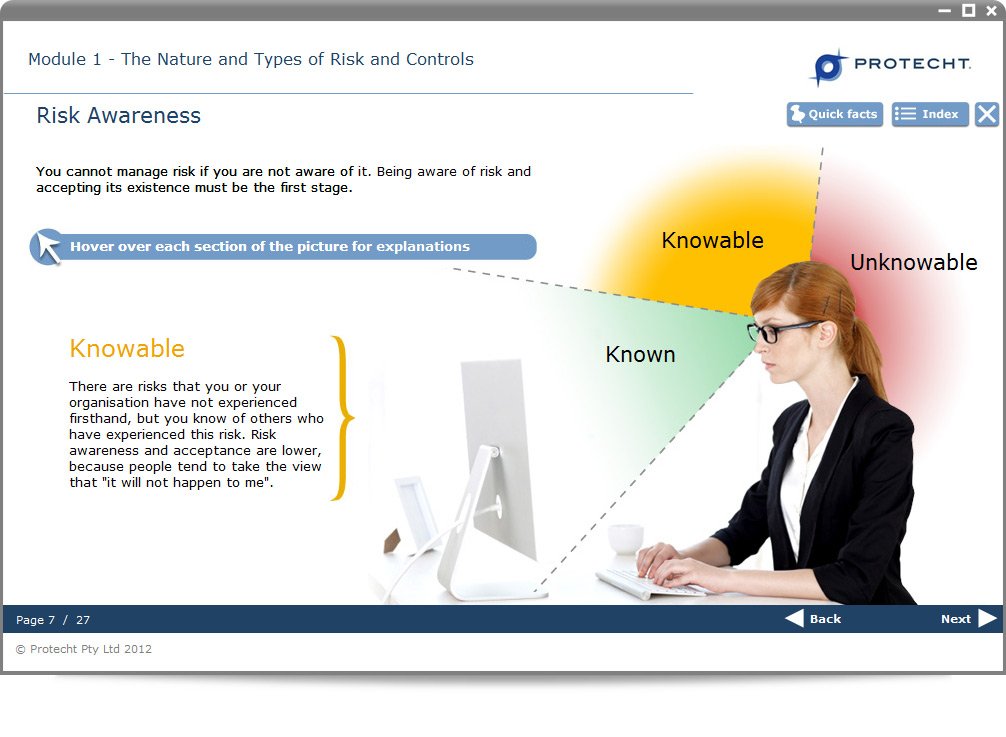Trade Based Money Laundering
Course Description
Trade Based Money Laundering is the latest challenge in international money laundering law enforcement.
As the financial community becomes more experienced in recognising and preventing traditional money laundering methods, such as large cash deposits, criminals have explored other means to scrub their ill-gotten gains. International trade and trade instruments are often used as vehicles to launder criminal money.
Businesses involved in international trade need to be vigilant to ensure their trades are not compromised by criminal elements infiltrating their organisations.
Banks need to be aware of the risks to their reputation should their services be found to have facilitated the process of money-laundering.
The sheer volume and international nature of trade can create a cloak of complexity and lack of transparency that financial criminals seek to exploit. This course has been designed by subject matter experts to provide an overview of trade-based money laundering (TMBL) risks. It introduces the core principles and features of TBML and outlines the various methods and techniques used by criminals. It gives a clear explanation of various TBML typologies and supplies practical insights into how to identify money laundering red flags.
Who should do this training?
This course is suitable for
- banking professionals, particularly client-facing employees,
- as well as risk management analysts and AML compliance officers across banks and businesses that trade internationally.
Download course outline here .
Specialized Financial Economic Crime Training
GRC Solutions is thrilled to collaborate with leading financial crime advisory firm, i-KYC, pairing their premium content library with our award-winning Salt Learning technologies to improve your approach to addressing Financial Economic Crime (FEC).
Download our brochure here
For more information on other GRC Solutions’ AML/CTF training resources:
Australia
Anti-Money Laundering– covering the responsibilities of financial services and other businesses in general
Australia – Financial Services
AML/CTF Training for Finance Sector – covering the particular responsibilities of ADIs
USA
Singapore
Anti-Money Laundering – Singapore
Malaysia
Anti-Money Laundering – Malaysia
Course Outline
Module 1: An introduction to trade-based money laundering (TBML) principles
• An introduction to trade-based money laundering (TBML) principles
• Key features of a TBML scheme
• TBML methods and techniques used by criminals
Module 2: TBML typologies and red flags
• Jurisdictions
• Goods/services
• Corporate vehicles and structures
• Trade finance instruments
• TBML and the role of banks










